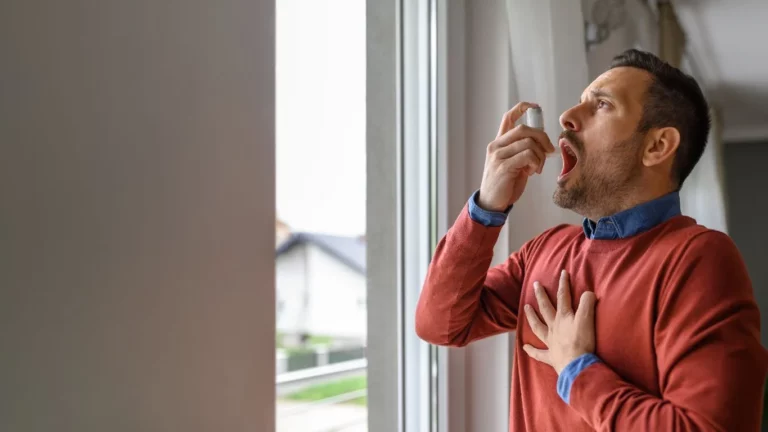Garlic Supplements for Lowering BP: A Natural Remedy That Works
When it comes to managing high blood pressure naturally, few remedies have sparked as much interest as garlic supplements. Over my years specializing in hypertension treatment, I’ve seen patients try everything—from rigorous diet plans to intense workout regimens. But one question that pops up often in my clinic is: “Can garlic supplements really lower blood pressure?” Let’s dive into the science, the myths, and my own observations from working with patients.
How Garlic Supplements Influence Blood Pressure
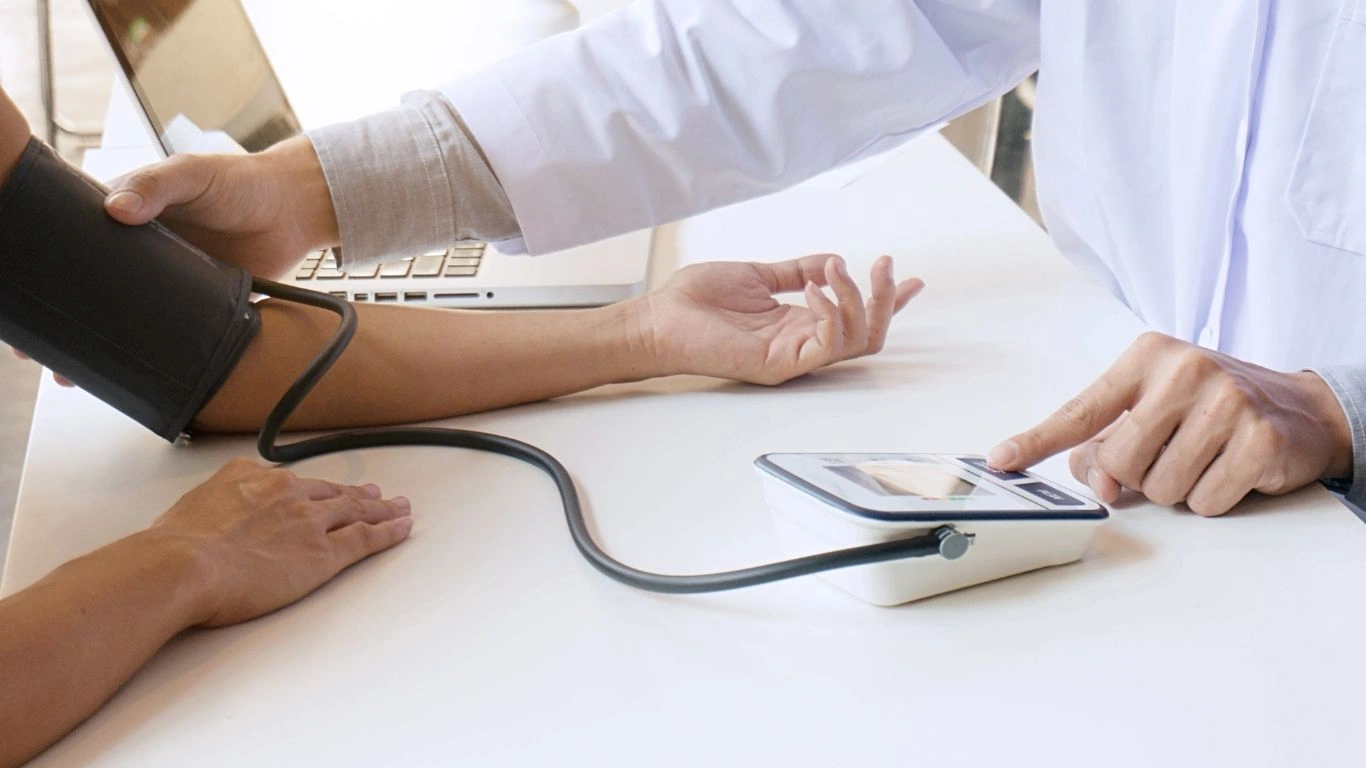
Garlic has been a staple in traditional medicine for centuries. But it’s not just an old wives’ tale—modern research backs up its blood pressure-lowering effects. The secret? A powerful compound called allicin. This sulfur-containing compound is released when garlic is crushed or chopped, and it plays a key role in relaxing blood vessels, improving circulation, and reducing hypertension.
What Science Says About Garlic and BP
Several clinical studies have shown that garlic supplements can significantly reduce blood pressure, especially in individuals with hypertension. A meta-analysis published in the Journal of Nutrition found that regular garlic intake can lower systolic blood pressure by an average of 8–10 mmHg and diastolic blood pressure by 5–6 mmHg. That’s comparable to the effects of some first-line hypertension medications!
Here’s how garlic works its magic:
- Increases nitric oxide (NO): Helps dilate blood vessels, improving circulation.
- Reduces arterial stiffness: Makes arteries more flexible, reducing strain on the heart.
- Lowers inflammation: Chronic inflammation is a hidden driver of high blood pressure.
- Acts as a natural ACE inhibitor: Similar to some BP meds, garlic inhibits enzymes that raise blood pressure.
Whole Garlic vs. Garlic Supplements: Which is Better?
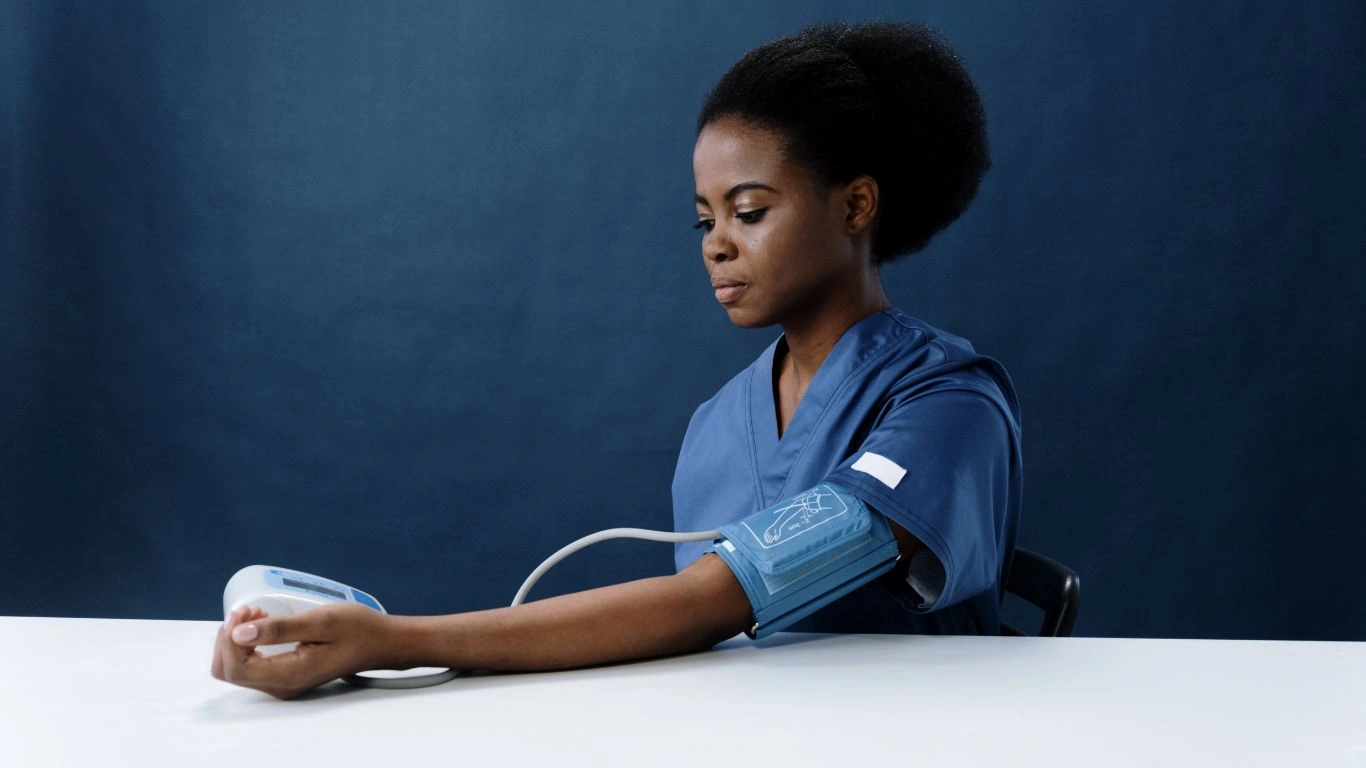
Many patients ask me, “Can’t I just eat fresh garlic instead of taking supplements?” Absolutely! But there’s a catch. The concentration of allicin in raw garlic varies, and cooking often destroys this key compound. That’s why standardized garlic supplements can be more effective for consistent results.
Types of Garlic Supplements
Not all garlic supplements are created equal. Here are the main types:
- Garlic powder tablets: Convenient but may contain lower allicin content.
- Garlic oil capsules: Contain essential sulfur compounds but lower in allicin.
- Aged garlic extract (AGE): A top choice for BP management due to its high bioavailability.
- Allicin-standardized supplements: Ensure a consistent dose of the active compound.
From my experience, patients who take aged garlic extract or allicin-standardized supplements tend to see the best blood pressure improvements. But dosage matters too!
How Much Garlic Should You Take for Blood Pressure?
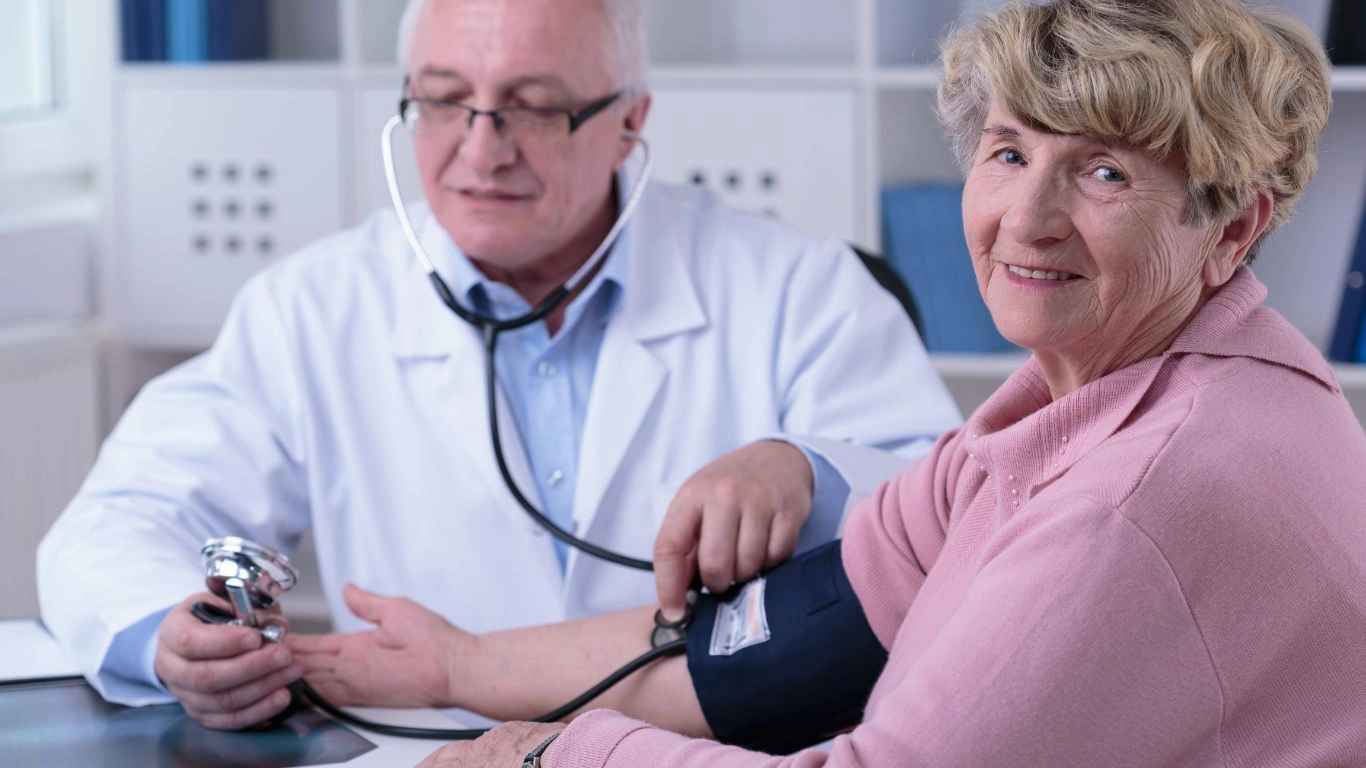
Studies suggest that an effective dose of garlic for lowering blood pressure is around 600–1,200 mg daily, usually divided into multiple doses. If you prefer fresh garlic, you’d need about one to four cloves per day—though that might not be ideal for your social life!
That said, garlic isn’t a magic pill. It works best when combined with a healthy lifestyle. Next, let’s explore the potential side effects and who should be cautious about taking garlic supplements.
Potential Side Effects of Garlic Supplements

Now, before you start popping garlic pills like candy, let’s talk side effects. While garlic supplements are generally safe, they’re not for everyone. Over the years, I’ve had patients report mild to moderate reactions—some expected, others surprising.
Common Side Effects
Most people tolerate garlic well, but here are a few things to watch for:
- Garlic breath & body odor: Probably the biggest downside. The sulfur compounds that make garlic beneficial also make your breath… well, potent.
- Digestive discomfort: Some patients experience bloating, gas, or an upset stomach.
- Heartburn: Garlic can be a bit harsh on the stomach, especially for those prone to acid reflux.
- Increased bleeding risk: Since garlic acts as a natural blood thinner, it can amplify the effects of anticoagulant medications.
One patient of mine, an avid home cook, decided to double her garlic intake overnight. Within days, she had bruises appearing out of nowhere. Turns out, she was also on a daily aspirin regimen—bad combo! If you’re taking blood thinners, check with your doctor before adding garlic supplements.
Who Should Avoid Garlic Supplements?
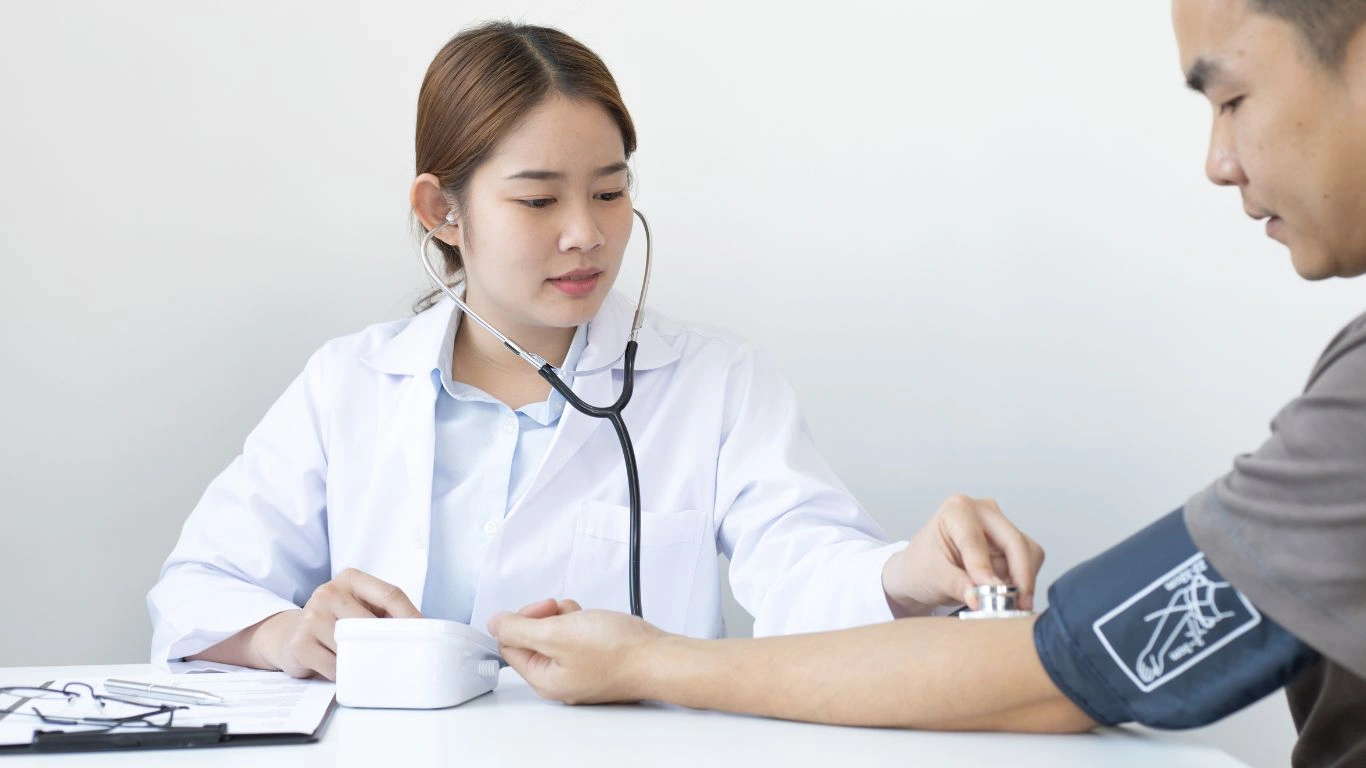
Garlic is powerful, but it’s not for everyone. Certain individuals should exercise caution or avoid it altogether:
1. People Taking Blood Thinners
If you’re on warfarin, aspirin, or any anticoagulant, adding garlic supplements may increase your bleeding risk. Always talk to your doctor first.
2. Individuals with Low Blood Pressure
Yes, garlic can lower blood pressure—sometimes too much. If you already have low BP or take antihypertensive meds, excessive garlic could cause dizziness or fainting.
3. Those with Digestive Sensitivities
Garlic can be tough on the stomach, particularly for those with acid reflux, ulcers, or irritable bowel syndrome (IBS). If you notice discomfort, consider reducing your dosage or switching to aged garlic extract, which tends to be gentler.
4. Anyone Undergoing Surgery
Since garlic affects blood clotting, most surgeons recommend stopping supplements at least two weeks before surgery to prevent excessive bleeding.
How to Choose the Best Garlic Supplement
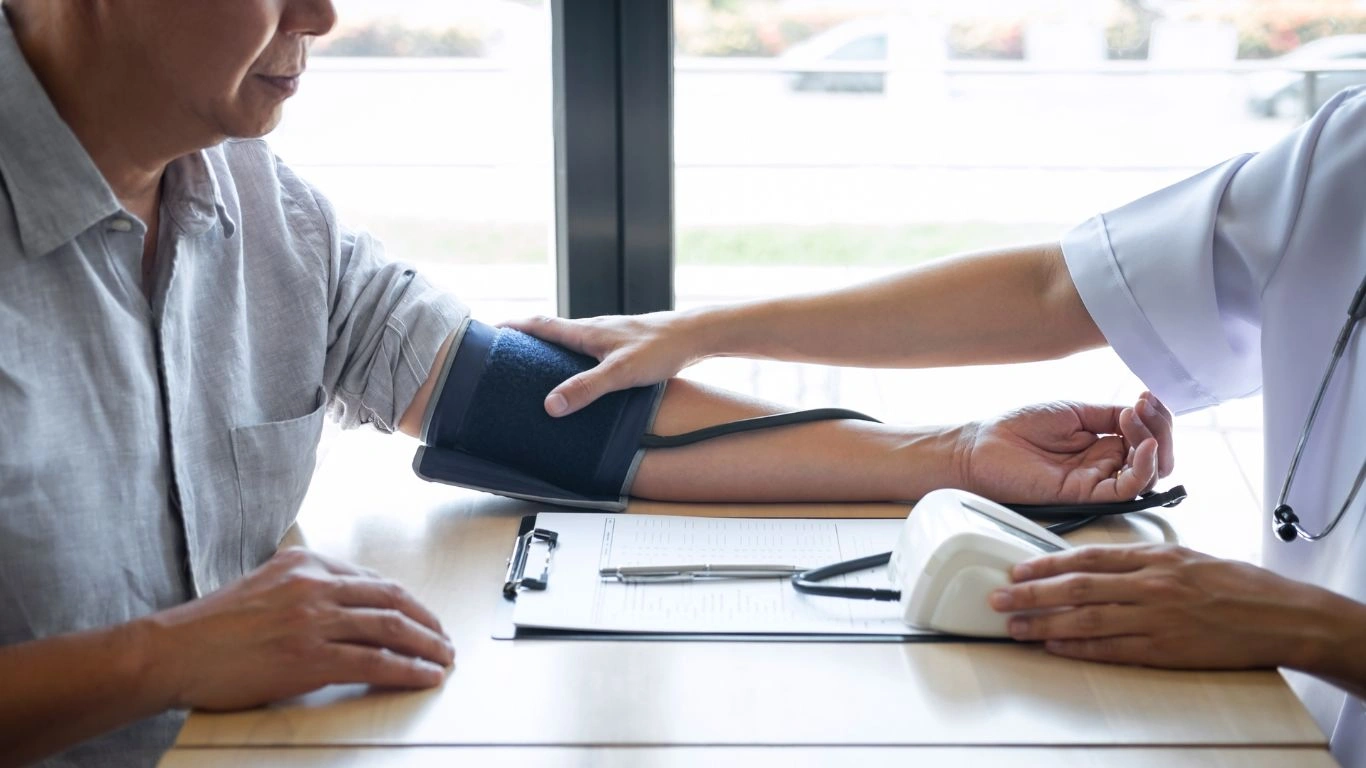
With so many options out there, choosing the right garlic supplement can feel overwhelming. Here’s what I usually recommend to my patients:
Look for Standardized Allicin Content
Allicin is the active compound responsible for garlic’s BP-lowering benefits. Not all supplements contain the same amount, so check the label for standardized allicin content. A good product should provide at least 1–2 mg of allicin per dose.
Prefer Aged Garlic Extract
While raw garlic supplements can be effective, aged garlic extract (AGE) is often better tolerated and just as powerful. It’s fermented for months, reducing the harsh smell and making it easier on the stomach.
Choose Odor-Controlled or Enteric-Coated Formulas
If garlic breath is a dealbreaker for you (or your loved ones), look for odorless or enteric-coated capsules. These help reduce the strong aftertaste and smell.
Avoid Unnecessary Additives
Some garlic supplements contain fillers, preservatives, or artificial ingredients. Stick with high-quality, pure garlic extract to maximize benefits.
Combining Garlic with Other Natural Remedies for Better BP Control
Garlic isn’t the only natural remedy that helps with hypertension. I often suggest pairing it with other lifestyle changes and supplements for a more comprehensive approach.
1. Garlic + Magnesium
Why? Magnesium helps relax blood vessels, working synergistically with garlic to lower BP. Foods rich in magnesium (like spinach, nuts, and avocados) or magnesium supplements can enhance garlic’s effects.
2. Garlic + CoQ10
Why? Coenzyme Q10 supports heart health and has been shown to reduce blood pressure. Combined with garlic, it’s a potent natural duo.
3. Garlic + Omega-3 Fatty Acids
Why? Omega-3s from fish oil reduce inflammation and improve arterial function, complementing garlic’s cardiovascular benefits.
4. Garlic + Exercise
Why? No supplement can replace a good workout. A brisk 30-minute walk daily can enhance garlic’s BP-lowering effects by improving circulation and heart health.
So, if you’re thinking about using garlic supplements to manage hypertension, you might want to combine them with these strategies for even better results. But what about diet? Does eating certain foods along with garlic make a difference? Let’s get into that next!
Best Foods to Pair with Garlic for Lowering Blood Pressure
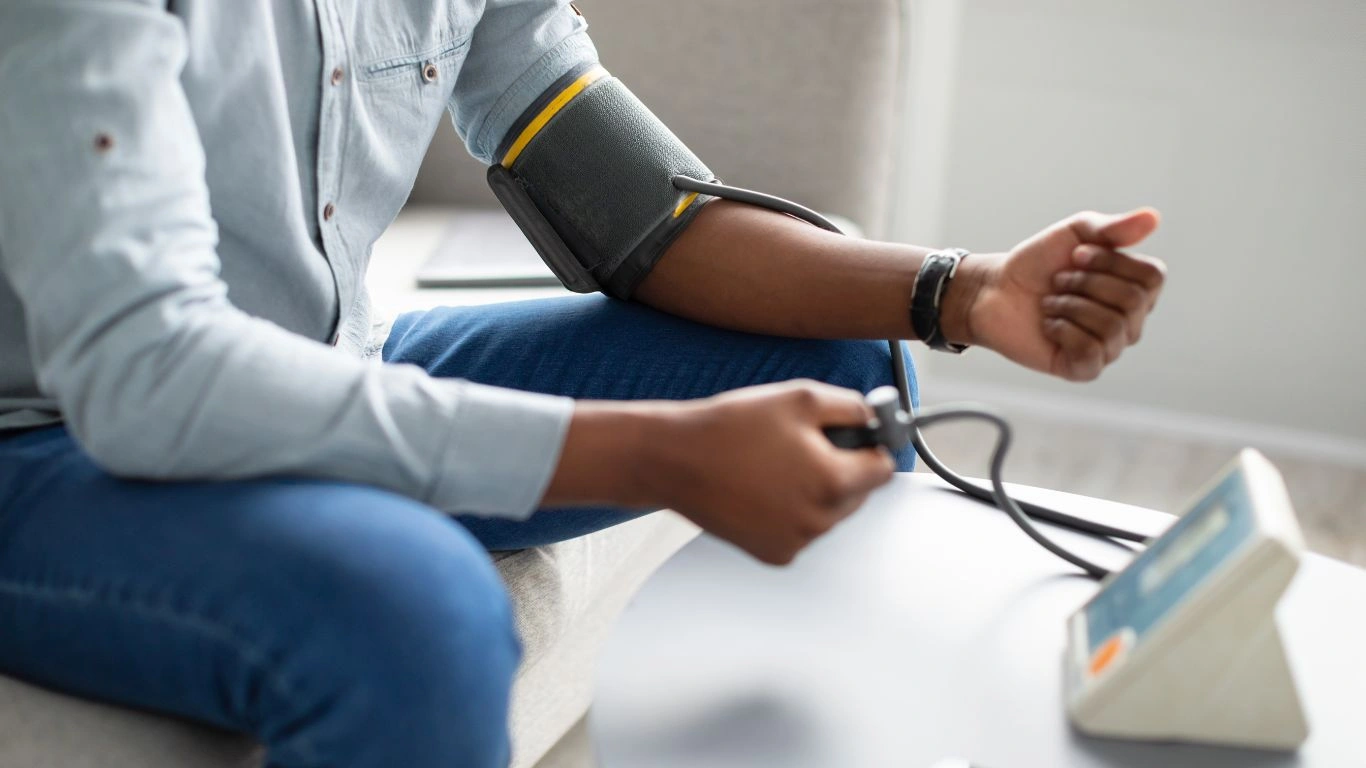
By now, we know that garlic supplements can help reduce blood pressure, but what if I told you that pairing them with the right foods could enhance their effects? Over the years, I’ve guided many patients on how to maximize garlic’s benefits by incorporating it into a heart-healthy diet.
1. Leafy Greens
Spinach, kale, and Swiss chard are loaded with potassium, which helps counteract sodium’s blood pressure-raising effects. When combined with garlic, this dynamic duo supports optimal circulation and reduces hypertension risk.
2. Beets
Beets are rich in nitrates, which convert to nitric oxide in the body, relaxing blood vessels and improving blood flow. Pairing beet juice with garlic supplements can amplify the BP-lowering effects.
3. Bananas
Another potassium powerhouse, bananas help balance electrolytes and prevent blood vessel constriction. Try adding garlic to savory banana-based dishes for a nutritional boost.
4. Fatty Fish
Salmon, mackerel, and sardines are packed with omega-3 fatty acids, which reduce inflammation and improve heart health. Garlic-infused fish dishes? A win-win for your cardiovascular system.
5. Yogurt & Probiotics
Maintaining gut health plays a surprising role in blood pressure management. Aged garlic extract combined with probiotic-rich foods like yogurt or kimchi may enhance heart health by improving digestion and reducing inflammation.
Garlic Supplements vs. Blood Pressure Medications: Can You Replace One with the Other?
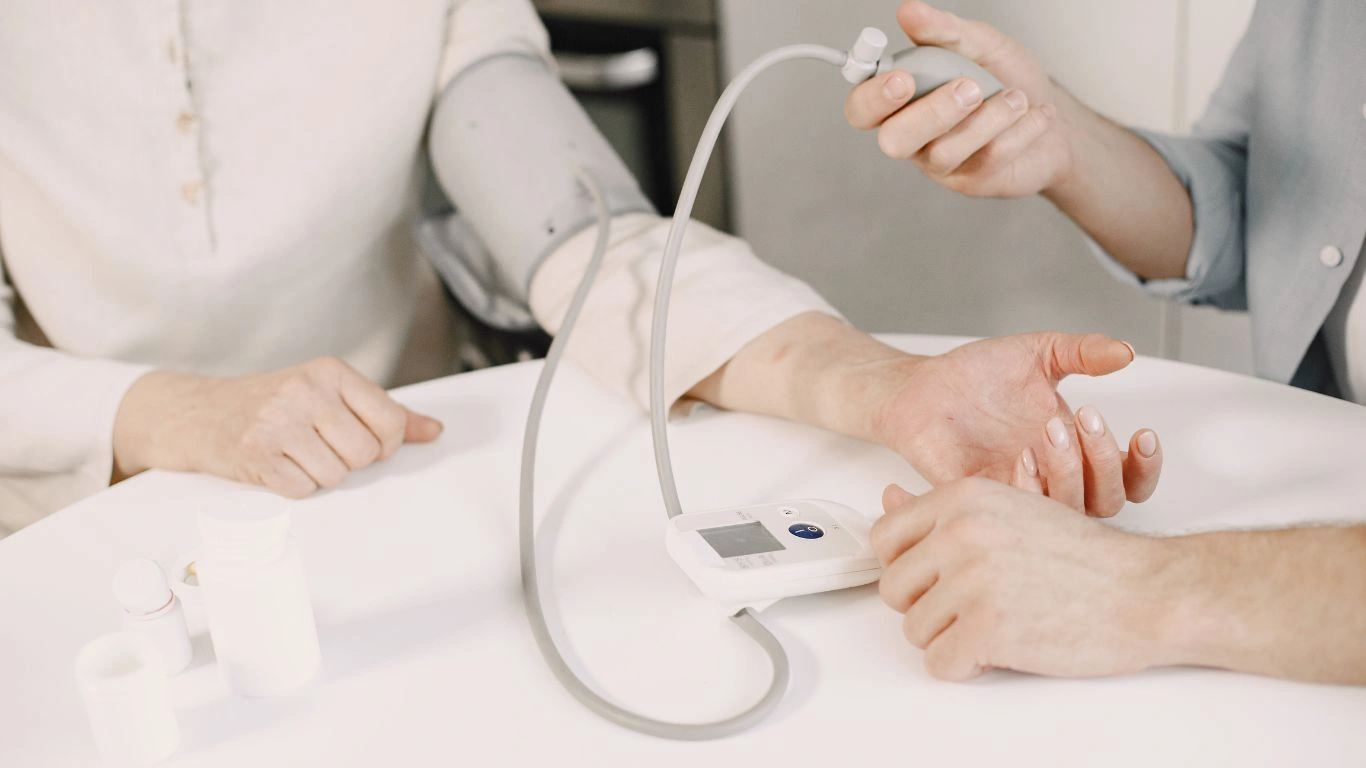
This is a question I get asked all the time: “Can I stop taking my BP meds if I start garlic supplements?” The short answer? No, not without consulting your doctor. While garlic has powerful blood pressure-lowering properties, it is not a replacement for prescribed medications, especially in people with severe hypertension.
How Do Garlic Supplements Compare?
- Garlic works gradually: Unlike medications that deliver an immediate effect, garlic takes time to build up in your system.
- It may not be strong enough alone: For mild hypertension, garlic might help manage BP, but for higher readings (above 140/90 mmHg), medical intervention is often necessary.
- Medication withdrawal can be dangerous: Stopping BP medication suddenly can lead to dangerous spikes in blood pressure.
Instead of replacing medication, garlic can serve as a complementary approach. Some of my patients have successfully reduced their medication dosage under medical supervision by incorporating garlic and lifestyle changes. But again—always work with your doctor.
How Long Does It Take for Garlic Supplements to Lower Blood Pressure?
Patience is key when using natural remedies like garlic. Unlike prescription drugs, which can lower BP within hours, garlic takes time to show noticeable effects.
What to Expect
- First few weeks: Some people notice minor improvements within 2–4 weeks.
- One to three months: More significant reductions in blood pressure are typically seen after 8–12 weeks.
- Long-term benefits: Consistent use over 6+ months can lead to sustained improvements in cardiovascular health.
Of course, results vary based on factors like dosage, diet, exercise, and overall health. Tracking your BP regularly can help determine if garlic supplements are making a difference.
Final Thoughts on Garlic and Blood Pressure
At the end of the day, garlic supplements are a valuable tool in the fight against high blood pressure. They offer a natural way to support heart health, but they work best when combined with a balanced diet, regular exercise, and—when necessary—medication.
If you’re considering adding garlic to your routine, start gradually, choose a high-quality supplement, and monitor your progress. And, of course, always check with your doctor, especially if you’re on medications.
References
Disclaimer
This article is for informational purposes only and should not be taken as medical advice. Always consult a healthcare professional before making any changes to your diet, supplements, or medication.

Dr. Gwenna Aazee is a board-certified Internal Medicine Physician with a special focus on hypertension management, chronic disease prevention, and patient education. With years of experience in both clinical practice and medical writing, she’s passionate about turning evidence-based medicine into accessible, actionable advice. Through her work at Healthusias.com, Dr. Aazee empowers readers to take charge of their health with confidence and clarity. Off the clock, she enjoys deep dives into nutrition research, long walks with her rescue pup, and simplifying medical jargon one article at a time.


